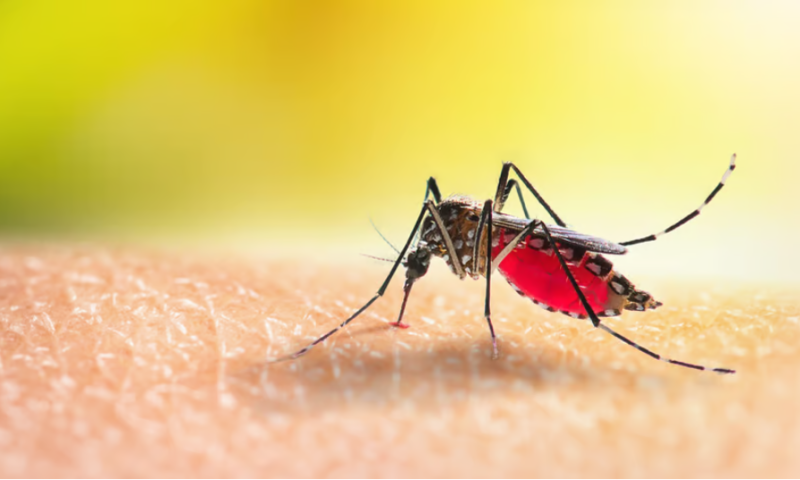Clinical data have convinced Atea Pharmaceuticals it cannot make the numbers add up in dengue fever. Based on the results, the antiviral biotech calculates it would take at least three years and cost several hundred million dollars to run phase 2 studies, prompting it to put the program on the back burner.
Atea ran two small clinical trials of AT-752, a double prodrug of a guanosine nucleotide analog, to assess its potential in the treatment and prevention of dengue. The results precipitated the end of the program.
In the first cohort of the treatment trial, investigators randomized 21 dengue-infected patients to receive the oral drug AT-752 or placebo three times a day for five days. Atea designed the study to assess change in dengue virus load from baseline. The problem? Some patients already had low or undetectable levels of dengue at baseline. As such, Atea found the primary endpoint was “unevaluable.”
Atea thinks participants presented too late in the course of the infection to evaluate change in viral load. The clinical trial sought to mitigate that risk by limiting participation to people who had developed a fever in the previous 48 hours, but that inclusion criteria may have failed to have the desired effect.
“Patients sometimes have a hard time identifying when the fever started exactly. And so they probably presented later by the time we were able to enroll them,” Arantxa Horga, M.D., chief medical officer at Atea, explained on a conference call with investors. “Another factor is that the test that we use for enrollment … is an antigen test. They’re not as sensitive as PCR, but sites don’t have PCRs available. So, we will need to develop better, more sensitive diagnostic tests.”
Atea’s human challenge infection study encountered other problems. The study was designed to test the ability of AT-752 to prevent dengue infection, but results from the five healthy volunteers showed high variability in the levels of the virus and antigens as well as in the onset and severity of symptoms. Atea concluded it would need to test the drug candidate in more than 50 people to account for the variability.
The realization that it will take longer and cost more than expected to show whether AT-752 works led Atea to deprioritize the program. Atea, which ended last year with $646.7 million to its name, will focus on drugs against COVID-19 and hepatitis C. The narrowing of focus will extend Atea’s runway out to 2026.
There is a chance another organization will step in and take AT-752 forward. Atea CEO Jean-Pierre Sommadossi, Ph.D., told investors there are nonprofit and government agencies that may be interested in the program, and, while the company isn’t giving guidance on if and when a deal may happen, it is interested in discussing potential agreements with third parties.

